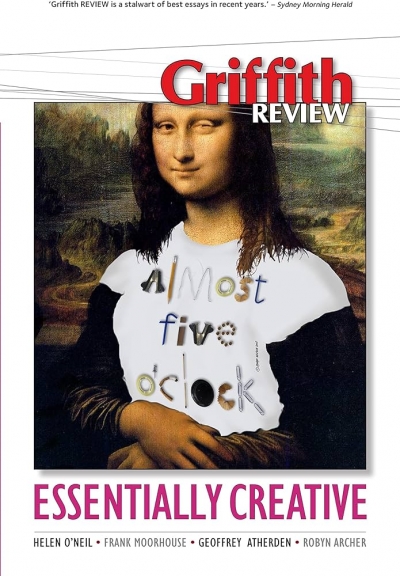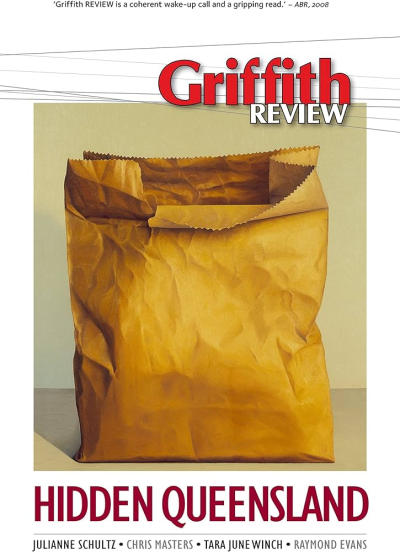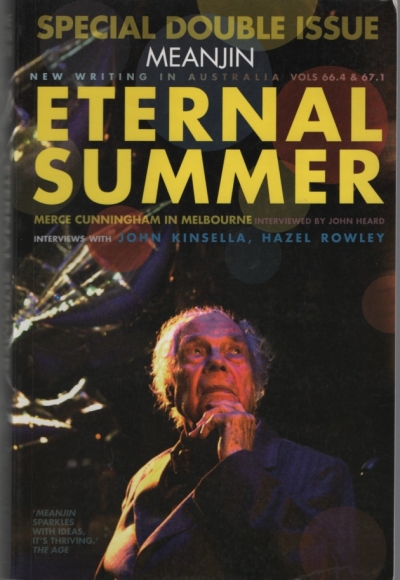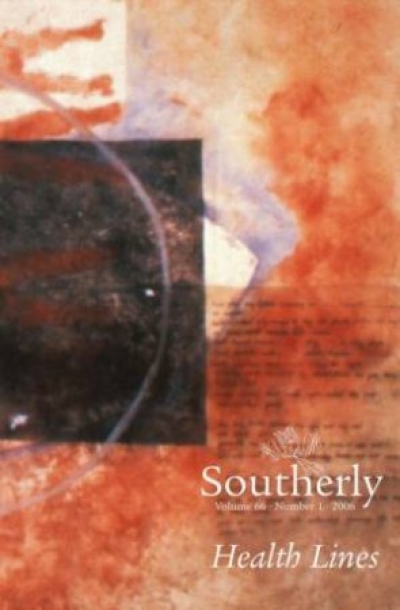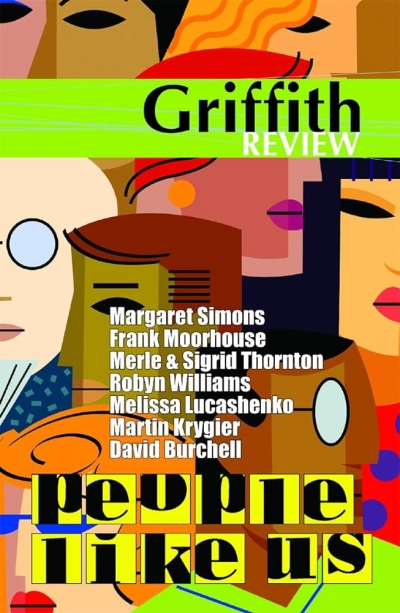Julianne Schultz
Griffith Review 23: Essentially Creative edited by Julianne Schultz
by Anthony Lynch •
Meanjin, Vol. 66, No. 4 & Vol. 67, No. 1 edited by Ian Britain & Griffith Review 20 edited by Julianne Schultz
by Lyn McCredden •
Meanjin vol. 66, no. 2 edited by Ian Britain & Griffith Review 17 edited by Julianne Schultz
by Lyn McCredden •
Southerly edited by David Brooks and Noel Rowe & Griffith Review 13 edited by Julianne Schultz (with Marni Cordell)
by Kate McFadyen •
Griffith Review 8 edited by Julianne Schultz & Heat 9 edited by Ivor Indyk
by Michael Williams •

